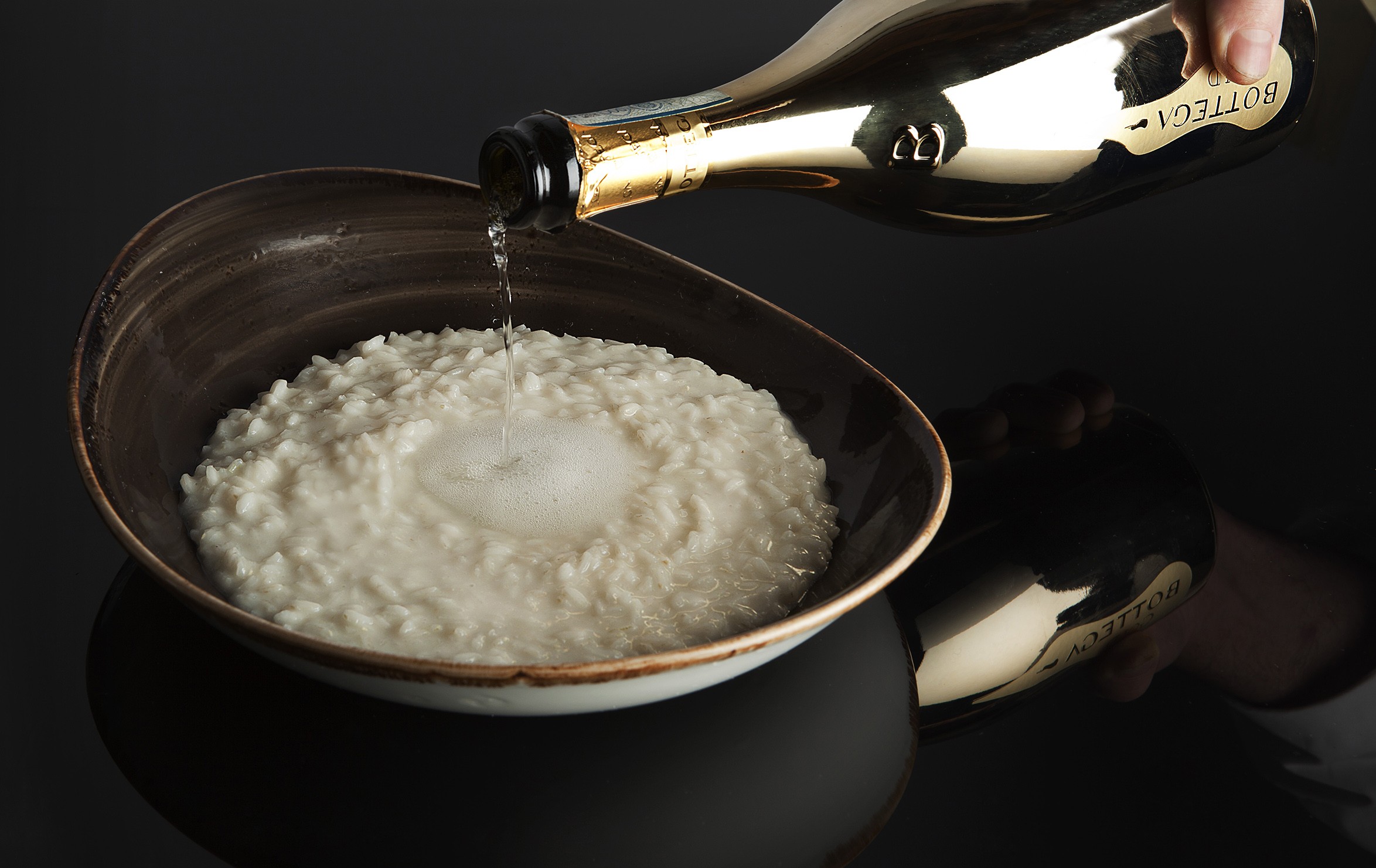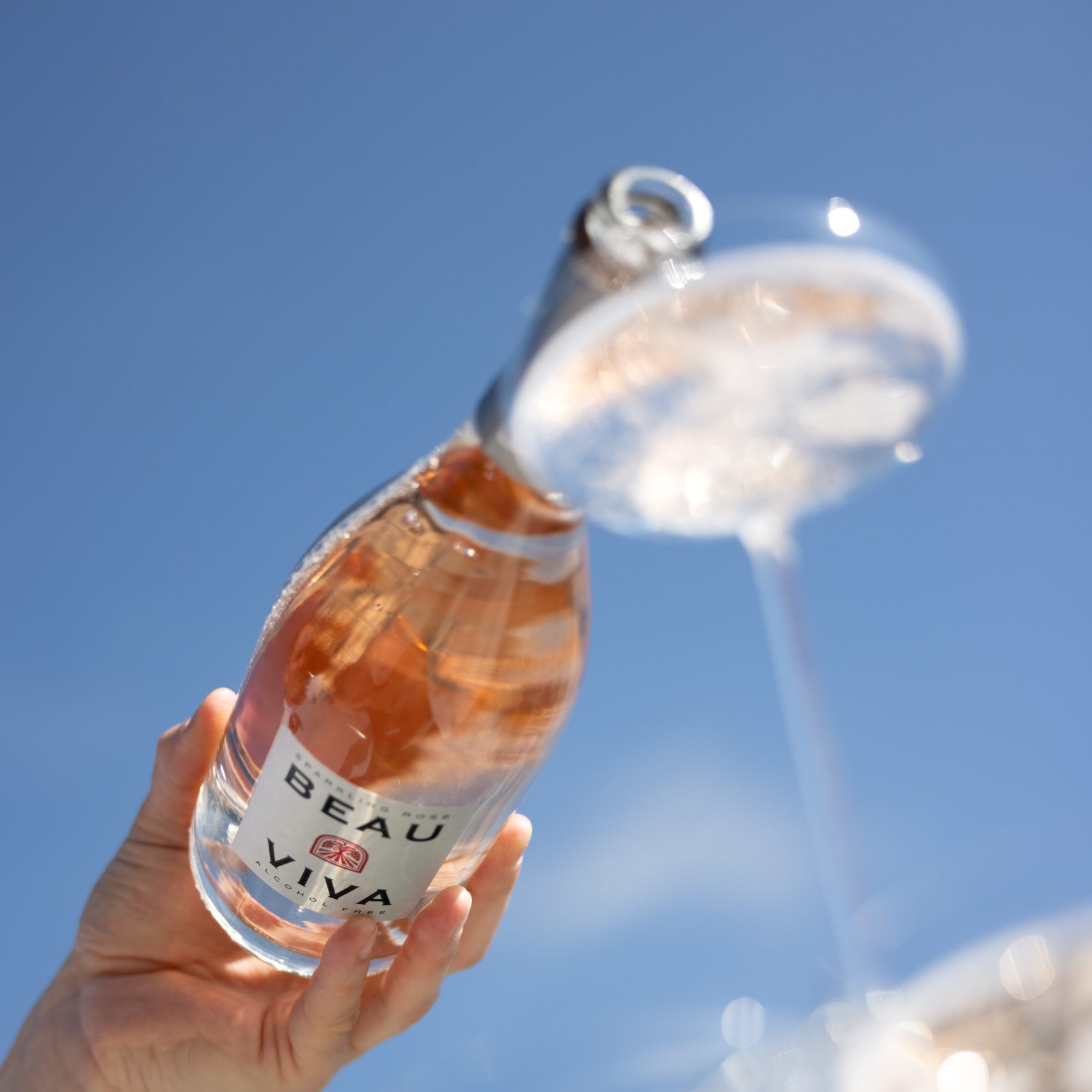Millions of bottles of Spanish rosé sold as French
French authorities have uncovered millions of bottles of rosé imported in bulk from Spain being passed off as French, with at least one producer facing prison and fines of up to €300,000.
It follows a two-year investigation by the Directorate-General for Competition Policy, Consumer Affairs and Fraud Controls (DGCCRF) to check that wines being imported into France, mainly from Spain, were being properly labelled.
Announcing its findings today, the DGCCRF said it had detected numerous instances of fraud in relation to around 34,000 hectolitres of wine – the equivalent of around five million bottles.
Nearly 17,000 bottles have already been removed from the shelves of one retailer, while commercial fraud charges have been lodged with the maximum penalty for charges of “deceptive commercial practice” two years in prison and fines of €300,000, which can be increased to 10% of the annual average turnover in proportion to the benefits gained from the breach.
“A total of 179 establishments were audited in 2016 and 564 in 2017, specifically on the subject of foreign wines,” it stated. “22% of the establishments visited in 2016 and 15% of the establishments visited in 2017 were subject to non-conformities ranging from confusing to ‘Francisation’, the latter being an offence that is the subject of criminal penalties.”
While the investigation initially targeted wine importers, it was later extended to include distribution companies, as well as the on- and off-trade.
The vast majority of wines checked were labelled correctly, for example as “Vin de Espagne” or “Vin de la Communauté Européenne” (VCE) when they are blended with wines from other countries of the European Union.
However, several cases involving the “Francisation” of wine were uncovered, with volumes ranging from 2,000 hl to 34,500 hectolitres – the equivalent of 4.6m bottles. Such wines were found to have been sold in bulk as “French wine” or by passing itself off as a French IGP.
At the producer level, investigators found that a mention of origin to be absent or misleading. For example, in the case of many of the wines sold in Bag-in-Box (BIB), the indication of origin appeared under the handle and was therefore not directly visible to the consumer.
Partner Content
In other instances, a fleur-de-lis symbol, the image of a French cockade, the mention “Produced in France” or “Bottled in France” were foregrounded, while the original mention “Vin d’Espagne” or “Vin de la European community” appeared on the back of the bottle making it difficult to read.
Within the on-trade level, investigators found broadly two types of non-compliance: The lack of mention of origin of the wine on the wine list, or the use of French-sounding commercial names. For example, one restaurant owner was said to have been selling a pitcher of wine as “IGP OC” when it was Spanish wine.
The fraud authority acknowledged that since 2015, French producers have been facing “strong competition” from Spanish wines in the entry-level segment, particularly with regards to varietal wines. While pressure on supplies of French, and in particularly Provence, rose have more recently been brought into focus as demand has surged.
“This survey concerned both the protection of consumers, so that they have a fair information enabling them to guide their choices in a sufficiently informed way, and the protection of wine industry professionals against fraudulent practices,” investigators stated.
“These can have significant negative repercussions and significant economic consequences. The checks showed that the regulations were correctly applied in most cases. Serious deficiencies have been noted, however, which may involve large volumes.”
Those facing charges have not yet been identified.




